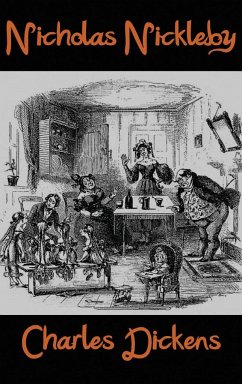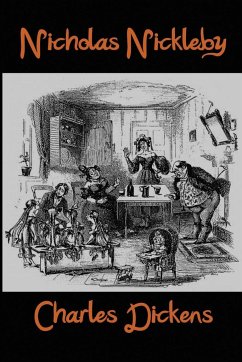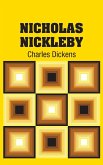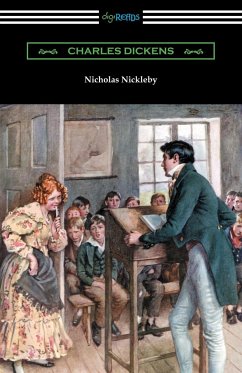NICHOLAS NICKLEBY by Charles Dickens Containing a Faithful Account of the Fortunes, Misfortunes, Uprisings, Downfallings and Complete Career of the Nickleby Family Our hero Nickleby confronts a large cast, including Wackford Squeers, the fantastic ogre of a schoolmaster, and Vincent Crummles, the grandiloquent ham actor, on his comic and satirical adventures up and down the country
Hinweis: Dieser Artikel kann nur an eine deutsche Lieferadresse ausgeliefert werden.
Hinweis: Dieser Artikel kann nur an eine deutsche Lieferadresse ausgeliefert werden.








